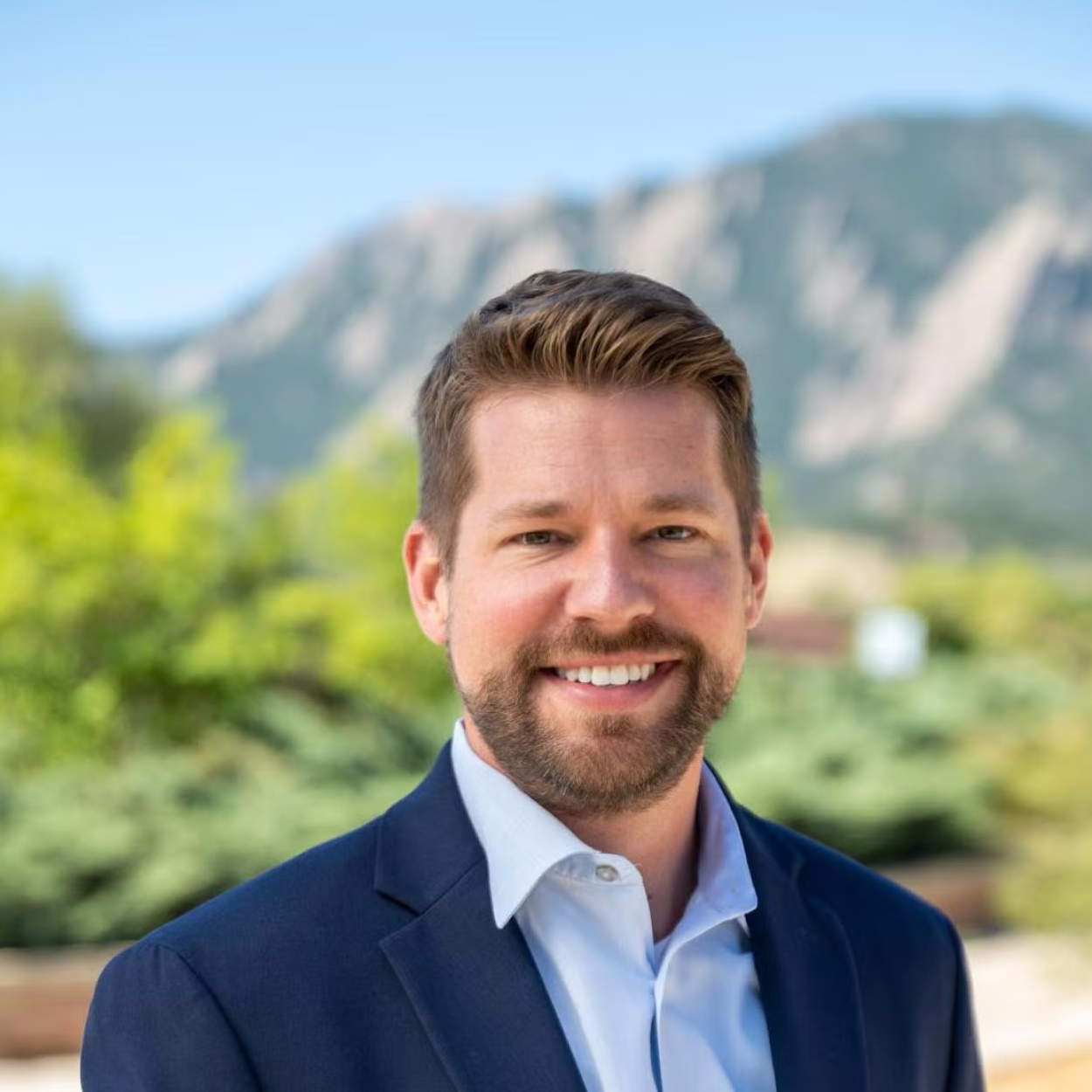It’s Not a Program. It’s a Process. And It Starts the Culture You’re Selling.

Industry
Technology
Challenge
Institutions lose trust — and students — when orientation is treated like a program, not a process. Cultural gaps, broken promises, and misaligned messaging start before day one and quietly kill retention.
Results
UNC Charlotte reframed orientation as cultural onboarding — aligning enrollment strategy, student belonging, and retention outcomes from the first touchpoint.
Key Product
VZO
Orientation isn’t a program. It’s a process — and that process is your first promise of culture.
Dennis Wiese
Associate Vice Chancellor for Student Affairs · University of North Carolina at Charlotte
Orientation Isn’t a Program — It’s Your Cultural Starting Line
Most campuses treat orientation like a task: a handoff, a checklist, a two-day window. But Dennis Wiese, Associate Vice Chancellor for Student Affairs at UNC Charlotte, believes that mindset is costing institutions trust, enrollment traction, and retention momentum.
Orientation is not a standalone event. It’s your first moment of cultural onboarding. It’s when students begin deciding whether they belong — and whether your promises hold up.
“We’ve got to stop talking about orientation programs — it’s not a program, it’s a process.”
Broken Promises Break Retention
What happens when the story students are sold doesn’t match what they experience?
Dennis calls out the disjointed narrative between admissions messaging and orientation delivery. When students sense that misalignment, they start questioning everything. Trust erodes, and engagement drops — often before the semester even begins.
“You’re told that the institution is this, you get there, it’s not that at all… Why do you want to stay there if what you experienced doesn’t match the story you were told?”
Retention Isn’t a Student Problem. It’s a Systems Problem.
Dennis offers a hard truth: if 30% of your staff left in their first year, you’d call it a crisis. But many campuses accept 30% melt or attrition from students without flinching.
He reframes orientation as the first — and most controllable — part of the retention pipeline.
“If 30% of your employees didn’t return next year, there’d be some questions asked. Why is it okay when we lose 30% of students?”
“If 30% of your staff quit in their first year, would you just accept it?” Dennis Wiese reframes student melt as institutional failure — and urges leaders to treat retention as a shared strategic priority, not a departmental burden.
Strategic Buy-In Starts With Managing Up
How do orientation leaders influence from the middle? Dennis provides a blueprint: understand what leadership values, align your story to their priorities, and bring forward-looking solutions.
“Managing up” isn’t about politics — it’s about becoming a strategic partner in institutional success.
“Understand what your leadership values and go do those things. Bring solutions. Know what they care about and present aligned options.”
Your Orientation Team Is Your Brand Continuity Team
Enrollment may bring students in — but orientation keeps the story alive. Dennis positions orientation leaders as brand storytellers who carry the institution’s culture across every touchpoint.
This isn’t about logistics. It’s about narrative integrity.
“You’re the storyteller for your organization. Admissions starts the story — but you continue it.”
Belonging Starts With Culture — And Culture Starts With Onboarding
Dennis ties it all together with a single concept: onboarding is cultural acquisition.
If you want belonging, start with systems that help students move from “they” to “we.” Orientation is the most important moment to start that transition — and too many campuses miss it.
“Belonging is nothing more than feeling that you’re a part of a culture. How do we get students to start using ‘we’ instead of ‘they’?”
Orientation Isn’t a Program. It’s a Promise.
This is where enrollment strategy meets cultural reality. The campuses that win are the ones that treat onboarding as both a student experience and a trust-building system.
“Orientation is how you keep the promise your institution makes. And students know when you don’t.”



